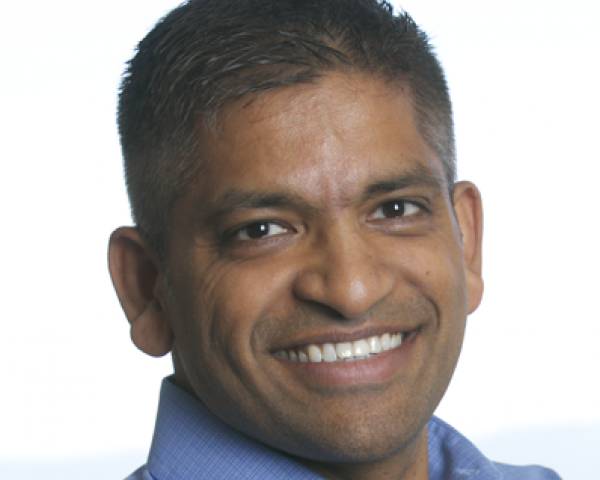Over the past few months, many of us have heard of the abuses surrounding Martin Shkreli (who is in the
news again after a judge set a 2017 trial date for his securities fraud case) and separately, Valeant Pharmaceuticals, which
was recently under fire for drug price increases. What we haven’t heard is that these sensationalized cases are truly insignificant when compared with the enormity of the problem facing America. Only a few years ago, specialty drugs composed a reasonable-sounding 10% of our overall drug spending. Last year, it bloated to 38%, and by 2018 it will be an astounding 50%, which is an increase of $70 million …
a day.
See also: Cutting Prices of Drugs Dispensed by Doctors
The reason we pay many multiples more than other countries for the same drug is because we have a rigged system in which America is the only globally unregulated market. Worse, we have actually created laws to protect large healthcare monopolies. So, we as Americans have the worst of all worlds: neither a single payer system with explicit price controls nor a free and fair market.
Consider the hepatitis C drug Harvoni, which sells for about $95,000 in the U.S. for the required 12-week course. The same therapy costs less than $1,000 in India, for products that are officially licensed by Gilead, the manufacturer of Harvoni.
The argument that this is a result of us having to subsidize drug R&D costs for developing countries is a farce. In developed countries such as France, Harvoni is available for about half the price we pay in the U.S.
Unfortunately, the same dynamic extends beyond specialty products into other commonly used drugs. The price for a 30-day supply of Crestor is about $200 at most U.S. drugstores, but the price in India is only $6 for a product that in both cases was manufactured in Puerto Rico by AstraZeneca.
I'm excited that VIVIO Health, which I've joined as CEO, is tackling this large and complex problem. We represent the vast majority of Americans, who pay far more than they should for healthcare. I dream of a better country for my three children, and I know you do the same for yours.
I have been asked whether I feel like Don Quixote. No question, reforming how healthcare is purchased in America is a daunting task, but our team has clarity on enough of the puzzle pieces to make a difference. Reform is an achievable goal, with many precedents in other industries, such as travel, stock brokerage and retail.
See also: AI: The Next Stage in Healthcare
The VIVIO Health solution reimagines the way we buy, use and measure specialty drug therapies. Our solution starts with the outcome and works backward, collecting data at every step. We’ve reversed the current purchasing model that starts with profitability for intermediaries and suppliers and instead prioritize the best alternatives for both patients and employers who foot the bills. The data we collect coupled with external data allows us to answer perplexing questions surrounding cost, efficacy and choice.
We foresee a day, with everyone’s participation, when America saves billions on healthcare costs. We need your support and are asking you to join us in saying NO to legacy and YES to a better system.
Sources:






